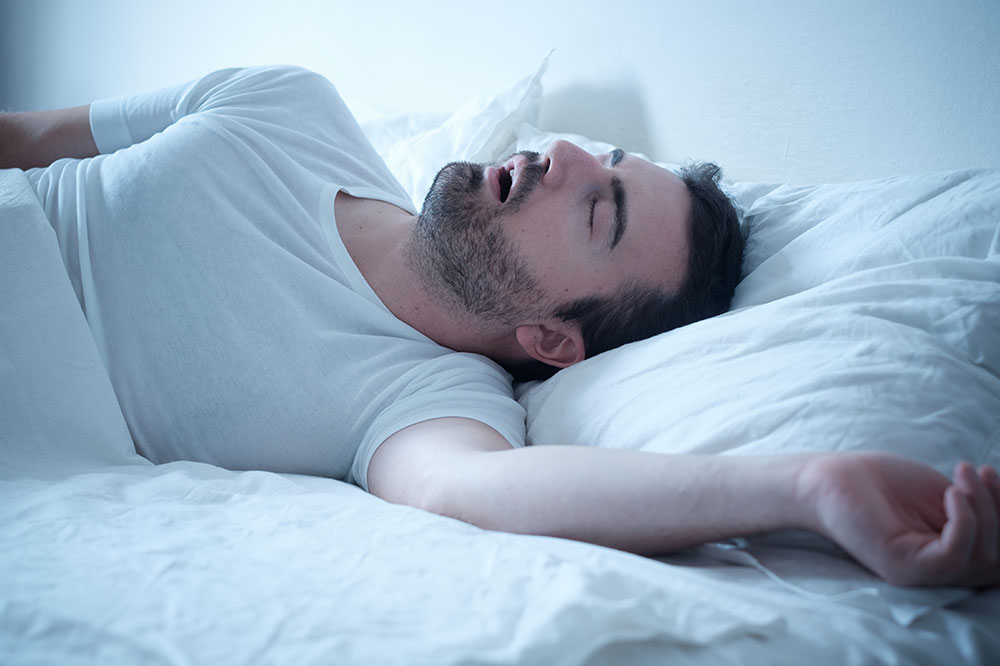
5 Natural Ways to Treat Sleep Apnea
Sleep apnea is a condition that disrupts the breathing process due to a blocked upper airway. The patient has a difficult time getting an adequate supply of oxygen, causing breathlessness and a choking-like sensation while asleep. Other symptoms that accompany sleep apnea include fatigue, sleepiness during the day, loud snoring, headaches, sore throat, and dry mouth.
Prolonged and untreated sleep apnea can also lead to mental illnesses, cardiac diseases, and even memory loss. There are various medical treatment options available for sleep apnea. This article, however, talks about the popular natural methods that can be used to treat the sleep disorder.
1. Weight management
Obesity is one of those conditions that put people at a higher risk of developing other health complications. One such problem that can arise because of excessive weight is sleep apnea. The extra weight adds pressure on the nasal passages obstructing the airflow, resulting in sleep apnea. This can lead to breathlessness or choking of the patient while they are sleeping. In this case, the popular treatment option for sleep apnea can be discussed with the doctor while the patient can simultaneously start with measures to manage their weight.
2. Adjusting positions
Although sleeping on the back is common, it also worsens some problems, including sleep apnea. The airflow is obstructed in this position, worsening the symptoms of the condition. It also allows the lungs less space for expansion in the breathing process, making it easier for them to collapse or the patient to have shallow breaths. It is, therefore, often observed that doctors recommend sleeping on the side. If you are a back sleeper with sleep apnea, you can treat or manage it by investing in a pillow or vest that keeps you on your side while asleep.
3. Raised head and torso
Sleeping on the side might not be enough for some, and some might even find it difficult to adjust to that position. However, it is extremely helpful in the treatment process for sleep apnea. According to experts, it is even better to sleep with your head raised at a 60-degree angle. This is easily accomplished if you have a bed that can be elevated. If not, stack up pillows under your head to keep it raised. A body wedge can work just as fine in helping with shortness of breath, snoring, obstructing airflow, and the quality of sleep.
4. Buy a humidifier
Sleep apnea often causes a sore throat and an irritated respiratory system. Dry air can worsen these conditions resulting in more labored breathing. Adding moisture to the air can easily treat this problem and help reduce nasal congestion. A humidifier can add moisture to the air and work as an aromatherapy tool if you wish to add some essential oils.
5. Regular exercise
Regular activity has many benefits for overall wellbeing. Practicing breathing exercises helps clear the nasal passages and the respiratory tract. It helps with mental agility and emotional health. Exercising also promotes blood and oxygen flow in the body, leading to replenishment and repair of tissues.


